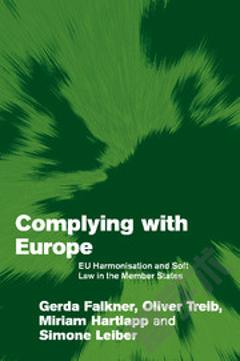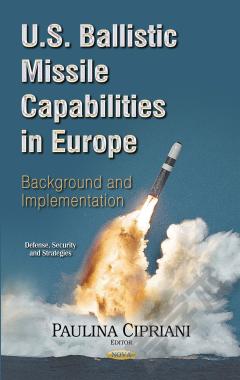States and Collective Action: The European Experience
It has become something of an orthodoxy of contemporary sociology that modern democratic industrial societies are essentially alike, and that they are confronted by uniform challenges, whether industrial (strikes and demonstrations), social (the 'crisis of the welfare state'), or political. In this important collection of studies Professor Birnbaum asserts, however, that the very existence of differentiation, challenge such a hypothesis. Linking historical and sociological investigation, Birnbaum argues that it is only through divergent state-formation that regional and national state variations in, for example, industrial conflict, policing or ideological configuration can be explained. His analysis of the influence of each type of state upon the development of various collective action and mobilisation processes establishes the crucial importance of the state as a quasi-independent variable.
{{comment.content}}








 京公网安备 11010802027623号
京公网安备 11010802027623号